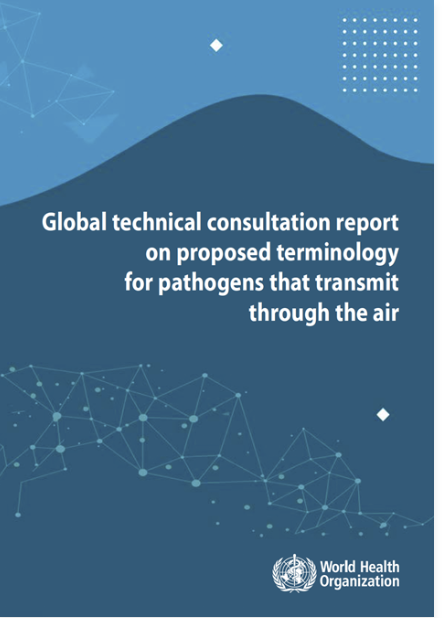One thing we need to recognize is that we DON'T KNOW so much about Omicron, including the subacute and chronic effects. It's so different from past strains, it's not surprising it is a very different illness. We know it causes less pneumonitis, but what don't we know? 1/
Aside from LongCOVID effects, the other big unknown is the exact mortality curve. I've been watching South Africa, Denmark, and UK, and NONE of them have maxed out their death curve. 2/ 





For UK, cases peaked Jan 6th, and of course death is a lagging indicator. Danish cases are just peaking now (maybe). So we wouldn't expect either of these countries to have reached their peak deaths yet. 3/ 



But South Africa's cases clearly peaked on Dec 17th. And cases are still rising. this is quite different than previous SA waves. 4/ 



So comparing intervals between peak cases and peak deaths for previous waves. 1st wave: Jul 19-Aug 10 (22 days) 2nd Jan 11-Jan 14 (3 days). 3rd wave:July 8-Jul 26 (18 days). Current interval 26 days. And this wave was by far narrowest peak. 5/ 

So, what to make of this? Watch this space. If deaths flip around in South Africa, followed by Denmark and UK, then stand down. But worth watching. Because Omicron isn't your grandmother's COVID. And we have a lot to learn. fin/
clarifying addendum. Deaths still well below previous waves, but still rising. I'll be more comfortable when this curve is well and truly dropping. 

Largest rise in mortality for South Africa's Omicron wave 27 days post case/d peak. See above thread. 

• • •
Missing some Tweet in this thread? You can try to
force a refresh
















